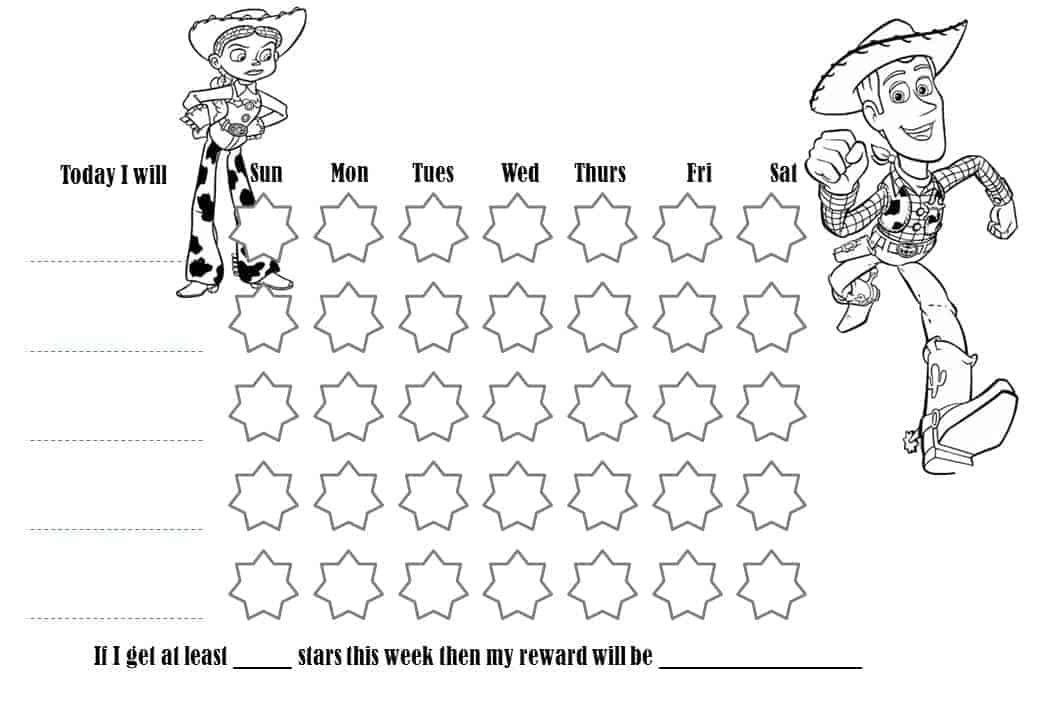Print And Writedialectical Behavioral Training
- Dialectical Behavioral Therapy Workbook Pdf
- Print And Write Dialectical Behavioral Training Pdf
- Print And Write Dialectical Behavioral Training Process
Behavioural Training is an extremely important element of all corporate training programs for companies as globally it is recognized in inculcating the right attitude in their employees. 'If you want to change attitudes, start with a change in behaviour', says Dr. William Glasser who is the great psychiatrist from the US. The modification in behaviour necessitates them to unlearn what is exisitingly deep-rooted in them over a time and imbibe new behavioural skills.
PURPOSE Cognitive behavioral therapy (CBT)–based programs delivered by trained community members could improve functioning and pain in individuals who lack access to such programs. We tested the effectiveness of a peer-delivered diabetes self-management program integrating CBT principles in improving physical activity, functional status, pain, quality of life (QOL), and health outcomes in. DBT Skills Training Modules Handouts & Worksheets DBT Skills at a Glance DBT Skills Quick Reference Sheet (by Rachel Gill) Core Mindfulness Skills States of Mind Handout (by Rachel Gill)Mindfulness Skills Overview (by Rachel Gill) 6 Levels of Validation Handout & Worksheets (By Rachel Gill). Feb 14, 2013 Behavioral Training 1. Behavioral Training 2. I believe in myself, Iam proud of myself! I am a born CHAMPION, bornwinning the race of 40 million! I am unique, aMasterpiece, the only one of my kind 5. I am abundantly 1Happy, Healthy, Rich and holistically Successful 6. The 8 1/2' x 11' format and spiral binding facilitate photocopying. Purchasers also get access to a Web page where they can download and print additional copies of the handouts and worksheets. Mental health professionals, see also the author's DBT® Skills Training Manual, Second Edition, which provides complete instructions for teaching the. RIHS workforce development includes classes, conferences, curriculum development, trainer development, eLearning, training coordination, as well as consultation in each of these areas. These services are provided to all staff within the behavioral health field including Peer Support Specialists and paraprofessionals.
What is behavioural skills training?
Behavioural skills training is a blend of skills that are required in interpersonal relationships, effective communication, engaging attitudes and productive emotions that will allow employees to work & perform well with their colleagues. In other words, it aids individuals to analyse their existing behaviour patterns, and trains them with new skills to recognize new patterns to achieve better results. Therefore, these programs are a key part of leadership training.
Behavioural Skills Training
The latest addition to our services is providing microlearning content. This will help to enhance learning and retention of our courses. It is a form of e-learning through which the latest generation learns.
Read more- Facilitate and Coach: Offer precise, positive feedback; Have frequent, one-on-ones, presenting solutions to problems, personalized to your employees’ specific strengths.
- Macromanage and avoid micromanaging: Good leadership skills helps you to strike a balance in giving liberties to your employees, while still being within reach for guidance.
- Be concerned about the well-being of your team members: Recognize your employees as individuals with lives outside work.
- Be courageous about obtaining results: Facilitate the team in prioritising their work and use your position to eliminate roadblocks.
- Communicate with efficacy: Effective communication skills are a two-way street: you both listen and contribute to information. This helps the team to connect the dots.
- Be Team Focused: Be earnestly involved in the career development of your team.
- Clarity of Vision: Have a clear vision with supporting strategy.
- Self-Development: Have the necessary skills so that the team can fall back on you.
Mr. Lazlo Bock, Google’s Vice-President for People Operations says, he is surprised by the simplicity of the rules. This simplicity not only creates ease in the application but also does not require a personality transplant for a manager.
Mr. Bock says, 'You don’t actually need to change who the person is' he says. 'What it means is, if I'm a manager and I want to get better, and I want more out of my people and I want them to be happier, two of the most important things I can do is just make sure I have some time for them and to be consistent. And that’s more important than doing the rest of the stuff.'
The latest addition to our services is providing microlearning content. This will help to enhance learning and rentention of our courses. It is a form of e-learning through which the latest generation learns.
Behaviourial Training Outline

Training Topics:
Personal Grooming & Etiquette

- Social Graces, Etiquette and Body language
- Making a Great First Impression:
- How to present yourself to people
- Greetings, Introductions
- Developing Your Professional and Personal Image
- Personal Hygiene
- Polish interpersonal skills
- Etiquette of Dressing:
- The do’s and don’ts in dressing
- Understand various dress codes for different occasions
- Clothes and Corporate Culture
- The Do’s and Don’ts in Conversation:
- Enhance communication skills
- Build self-confidence and self-esteem
- Rapport building
- Making a Great First Impression:
Interpersonal Skills
Dialectical Behavioral Therapy Workbook Pdf
- The Basics of Interpersonal Communication
- Starting and sustaining conversations that are engaging
- Handling conversations with the opposite sex
- Acknowledging differences
- Giving and receiving compliments
- Coming across as a positive person
- Avoiding bad conversational habits
- Displaying Courteousness and Thoughtfulness at the Workplace
- Being thoughtful to colleagues regardless of position
- Sticking to convictions as diplomatically as possible
- Apologizing
- Showing appreciation
- Extending courtesy to guests, consultants, and new employees
E-Mail Etiquette
- General etiquette
- Sending effective messages
- Form and tone of the messages
- Responding to messages
- Organizing the different parts of an email:
Greeting | Enclosures |
Closing | CC & BCC |
Subject Line | Screen Appearance |
Spacing | Font |
Replying | Flaming |
Telephone Etiquette
- Taking calls
- Making calls
- Do’s and Don’ts over the telephone
- Cell Phone Etiquette
Business Communication
The Building Blocks of Effective Business Communication
Print And Write Dialectical Behavioral Training Pdf
- Structuring communication:
- Having a clear objective
- Highlighting critical points
- Being clear and concise
- Understanding the audience
- Listening
- Active Listening
- Reflective Listening
- Passive Listening
Training Hours:
The Campus to Corporate Training Program will be 16 hours spread across 2 days.
Behavioural Training in Chennai
Behavioural Training in Mumbai
Print And Write Dialectical Behavioral Training Process
Behavioural Training in Hyderabad
